Culture
The definitions of what is culture may change but the practice of understanding, and unpicking cultural history is an important dimension to understanding any historical period. In this section articles explore the way that definitions of culture have changed and how those changes have affected values and attitudes. The impact of the written word on fashions and ideas and the role of historic movements such as the renaissance are all addressed in this section.
Sort by:
Date (Newest first) | Title A-Z
Show:
All |
Articles |
Podcasts |
Multipage Articles
-

History Teaching in Belarus: Between Europe and Russia
ArticleClick to view -

Earth in vision: Enviromental Broadcasting
ArticleClick to view -
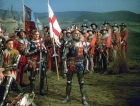
Henry V in the cinema
ArticleClick to view -
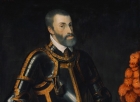
Podcast Series: The Spanish Golden Age
Multipage ArticleClick to view -

Polychronicon 160: Interpreting 'The Birth of a Nation'
ArticleClick to view -

The Life & Significance of Alan Turing
PodcastClick to view -
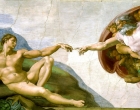
Podcast Series: The Renaissance
Multipage ArticleClick to view -

Puritan attitudes towards plays and pleasure in the Age of Shakespeare
ArticleClick to view -

Podcast: Latin Poets and their Role in Roman Society
Multipage ArticleClick to view -
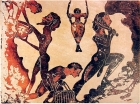
Podcast: Ancient Greece & Rome - Similarities and Differences
Multipage ArticleClick to view -
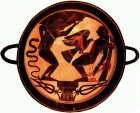
Podcast: Ancient Greek Drama
Multipage ArticleClick to view -

Men's Beards and Women's Backsides
ArticleClick to view -
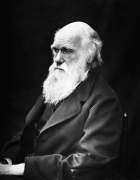
Engaging Year 9 with Victorian debates about 'progress'
ArticleClick to view -

Polychronicon 136: Interpreting the Beatles
ArticleClick to view -
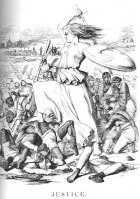
Cartoons and the historian
ArticleClick to view -

Unnatural and essential: the nature of historical thinking
ArticleClick to view -
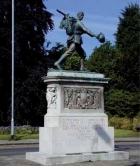
Polychronicon 134: The Great War and Cultural History
ArticleClick to view -

50th Anniversary of 'Carve her name with pride'
ArticleClick to view -

Mughal moments made memorable by Movie Maker
ArticleClick to view -

Polychronicon 120: The past as analogy in popular music
ArticleClick to view

